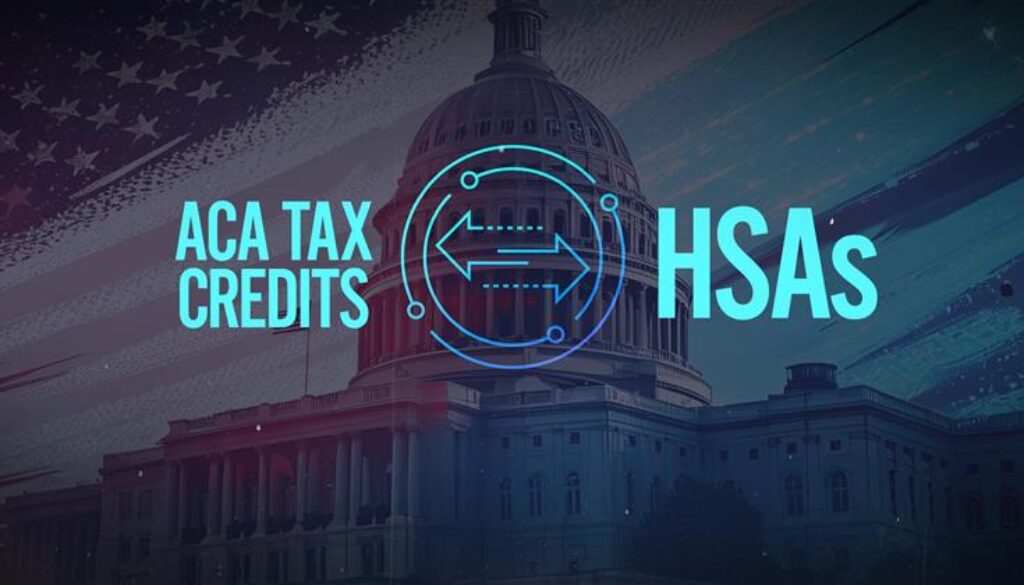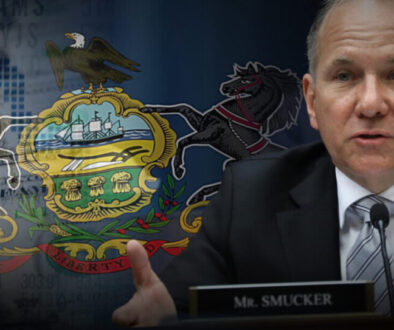Senator proposes swapping ACA tax credits for prepaid HSAs

Sen. Bill Cassidy, (R-La.), introduced a plan that could significantly shift the landscape for those who obtain health insurance through the Affordable Care Act marketplace. Cassidy’s proposal calls for replacing the enhanced ACA premium tax credits with prepaid health savings accounts.
For professionals who advise clients on health insurance options, understanding this development is crucial for navigating upcoming changes and guiding customers through their choices.
The enhanced ACA tax credits, which have helped lower premiums for around 20 million Americans this year, are set to expire at the end of December. Without these credits, many clients may face higher costs for their health insurance coverage, potentially impacting their ability to find affordable plans.
Bronze-level ACA plans impacted
Cassidy’s proposal would offer customers who select bronze-level ACA plans a prepaid HSA, partially funded by the money currently allocated to the premium tax credits. Unlike the credits, these HSAs wouldn’t help with monthly premium payments. Instead, they would be designed to offset out-of-pocket expenses such as deductibles, copayments and coinsurance. For agents, this means a shift in how they discuss affordability and value with clients, especially those considering bronze plans.
Bronze plans typically cover about 60% of an enrollee’s health care costs, leaving the remaining 40% as out-of-pocket expenses. This often means lower premiums but higher potential costs when care is needed. Cassidy’s argument is that putting more money directly into individuals’ hands for these expenses could be preferable to channeling funds through insurers.
The recent government shutdown highlighted the political challenges tied to ACA funding. Senate Democrats initially refused to pass a funding bill that didn’t include an extension of the enhanced credits, leading to a 43-day impasse. The shutdown ended when an agreement was reached to hold a vote on extending the credits by mid-December. However, the prospects for even a temporary extension are uncertain, as Republican support is needed and the party has historically sought to limit or repeal the ACA.
Will HSAs make plans more affordable?
Reactions to Cassidy’s plan are mixed. Some Democratic lawmakers and policy experts have raised concerns about the effectiveness of HSAs in addressing affordability. Larry Levitt, executive vice president for health policy with KFF, said on X that enhanced ACA tax credits average about $1,000 per person while bronze plans have deductibles averaging $7,476 per person.
“A health savings account is not going to make that deductible affordable for low-income people,” Levitt posted.
“Giving ACA enrollees cash in flexible spending accounts would help with out-of-pocket health costs like deductible,” he said. “But they wouldn’t do someone much good if they can’t afford health insurance to begin with and end up getting sick.”
However, Levitt also said he does not Cassidy’s proposal would cause what some describe as a “premium death spiral” where healthy individuals leave the insurance pool, driving up costs for those who remain—compared to some previous proposals for giving ACA enrollees direct payments to pay for health care.
The expiration of enhanced ACA credits are leading to higher premiums for many enrollees. Advisors who work in the ACA market must be prepared to explain the difference between premium credits and HSAs, and how each affects a client’s overall health care costs.
© Entire contents copyright 2025 by InsuranceNewsNet.com Inc. All rights reserved. No part of this article may be reprinted without the expressed written consent from InsuranceNewsNet.com.
The post Senator proposes swapping ACA tax credits for prepaid HSAs appeared first on Insurance News | InsuranceNewsNet.






